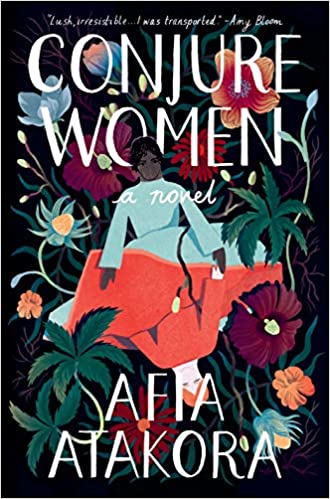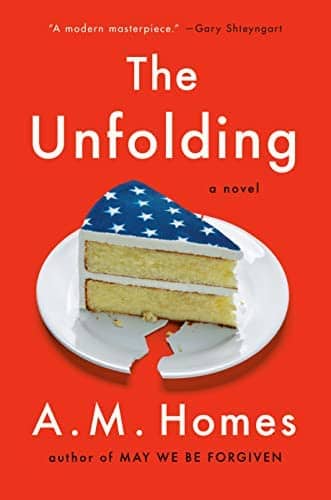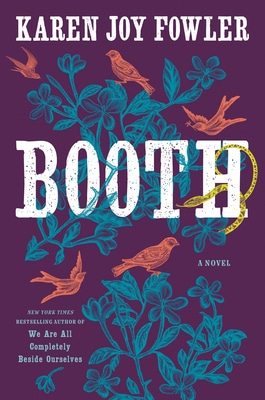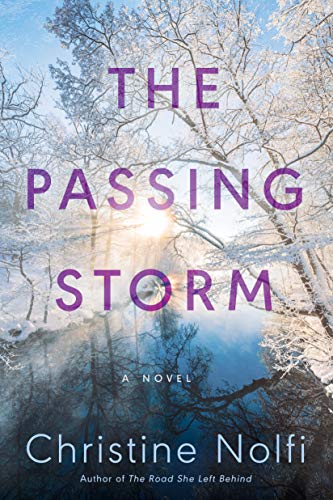Giving Thanks to Jan
Estimated reading time: 11 minutes, 16 seconds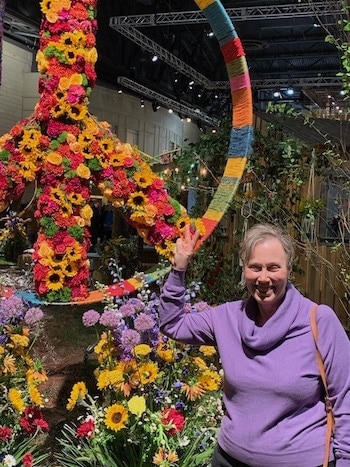
Love Never Dies
It Only Grows Stronger
“I wish you were going with me,” Jan said as she looked at Broadway from the curved entrance to her apartment building. The wind was mild, but being in the entranceway, it was as if we were standing in a wind tunnel. Not seeing her parent’s car, she turned towards me, and we embraced. I told her I wanted to go with her even though we had agreed it was too soon for her to invite me home for Thanksgiving. We had only been together for eleven days.
She pulled away from me to keep an eye on the street. From the first day she talked about her plans for Thanksgiving, Jan had been clear that it was not the time for me to meet her parents.
Until last night, I had held out hope that she might change her mind. We had baked together in her apartment’s teeny, tiny kitchen. I hoped she would change her mind and call them to add a chair to the table.
“They are here,” she said as she turned to pick up the bad of baked goods. I had hoped for one last kiss, but she was hurrying toward the street. I turned around and walked into the courtyard as we had discussed so that they would not be aware that I was anything but another tenant.
When I returned to Broadway, I could see her getting into the car, and part of me wanted to run over and bang on the windows like Dustin Hoffman in The Graduate. Fortunately, reason prevailed, and I turned to the left to walk to the A train.
Today was Thanksgiving Day, November 22, 1973. As much as I knew she was right not to invite me, I knew if my parent had lived closer, I would have asked her even at the last moment.
I realized this was the tenth anniversary of JFK’s assassination on the train. Where were you when JFK died? That was a question that defined our generation? But now, this memory was even more critical. If Kennedy had not been president and started the Peace Corps, would we now have a VISTA program? If VISTA did not exist, would we have ever met?
My Daytime Home
You are right on time,“ said Mrs. James. Can you help us bring the boxes inside?’ I had known her for almost two years, and no one ever called her anything but Mrs. James. I helped bring the boxes inside. I had agreed to do this volunteer work before meeting Jan. I missed her, but it was nice to be back in my daytime home providing food to the hungry and homeless.
Once I had brought the boxes into the kitchen, they asked me to help set up the tables.
“I am not sure we have a hairnet big enough for all of your hair,” Mrs. James said. Everyone laughed, including me.
“Is it true your hair is longer than your new girlfriend’s,” someone remarked? I nodded my head in the negative and focused on my assigned tasks. If we had more time, I would have happily talked to them about Jan. “Hopefully, you will meet her soon,” I said as I finished setting up the last table.
Soon the doors opened, and the hall was full of people just like me that had nowhere to be on Thanksgiving. The next four hours were hectic serving them and cleaning up.
When the last guests left, we all took plates and sat down at one table. It was a pleasure to be eating such good food.
After cleaning up, I still had at least three hours before taking the A train to wait for Jan’s return from Jersey. My apartment did not have heat or hot water, which is why I was on rent strike, but I needed to stop by to change clothes and clean up as best as possible.
At six, I decided It was too cold to wait in my apartment and decided to begin the trip to Inwood.
After almost 48 years, I recently lost my wife, Jan Lilien. Like The Little Prince, Jan and I believed that “The most beautiful things in the world cannot be seen or touched, they are felt with the heart.” This blog is a collection of my random thoughts on love, grief, life, and all things considered.


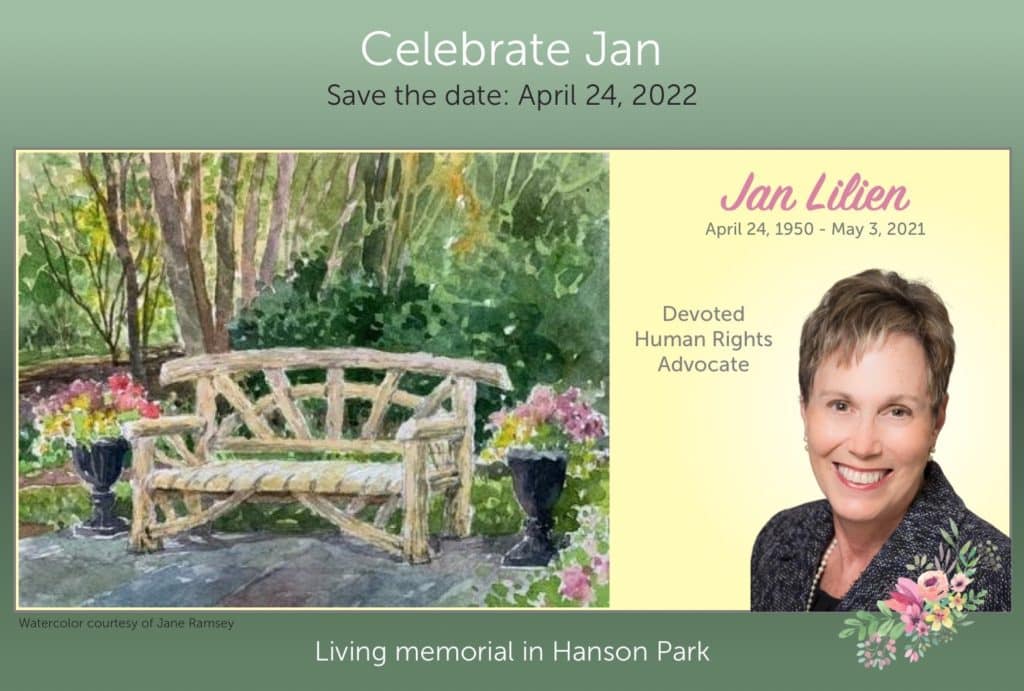
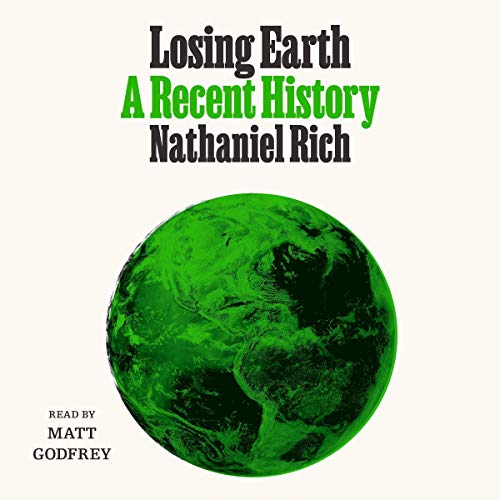
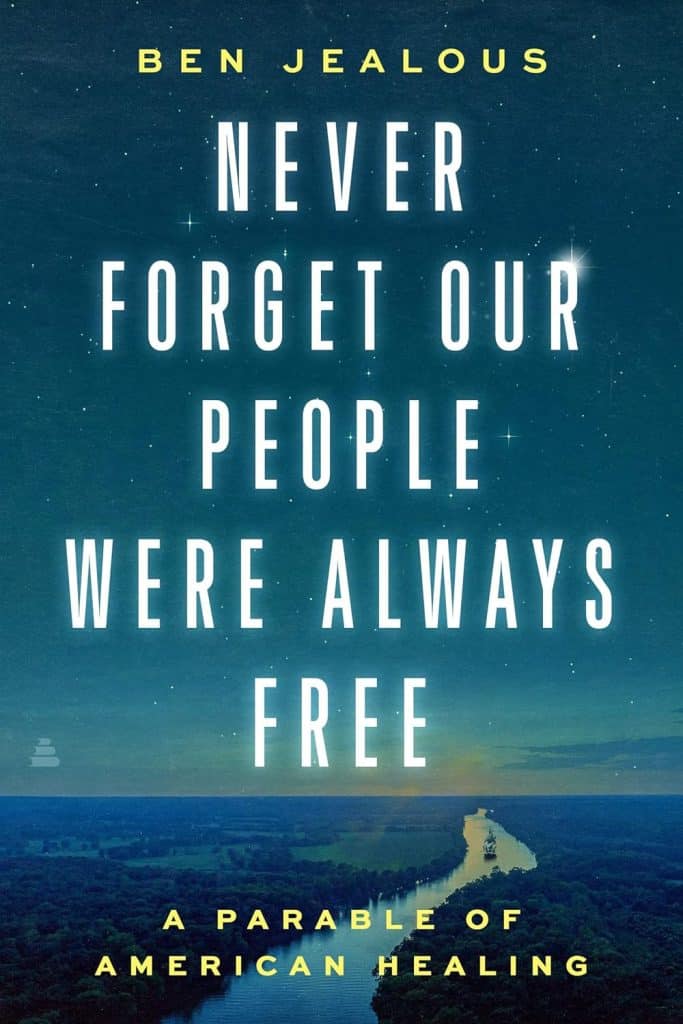
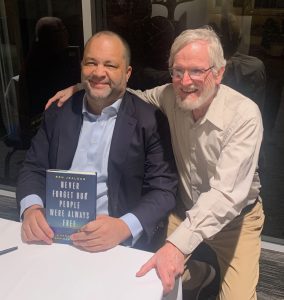
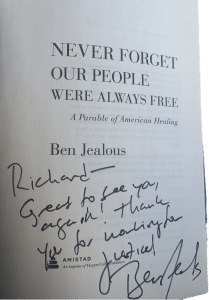 The book Never Forget Our People Were Always Free is told through parables. It features intimate glimpses of political and
The book Never Forget Our People Were Always Free is told through parables. It features intimate glimpses of political and 